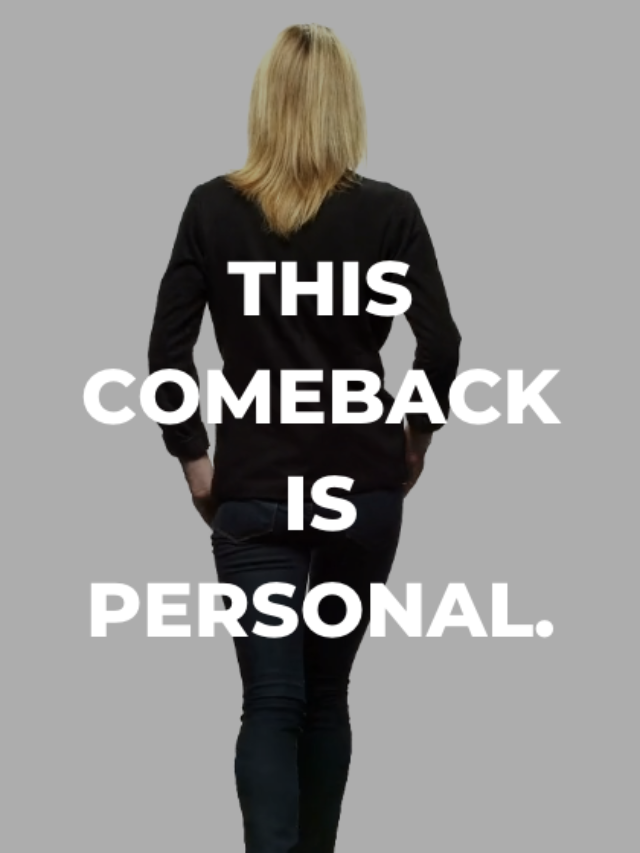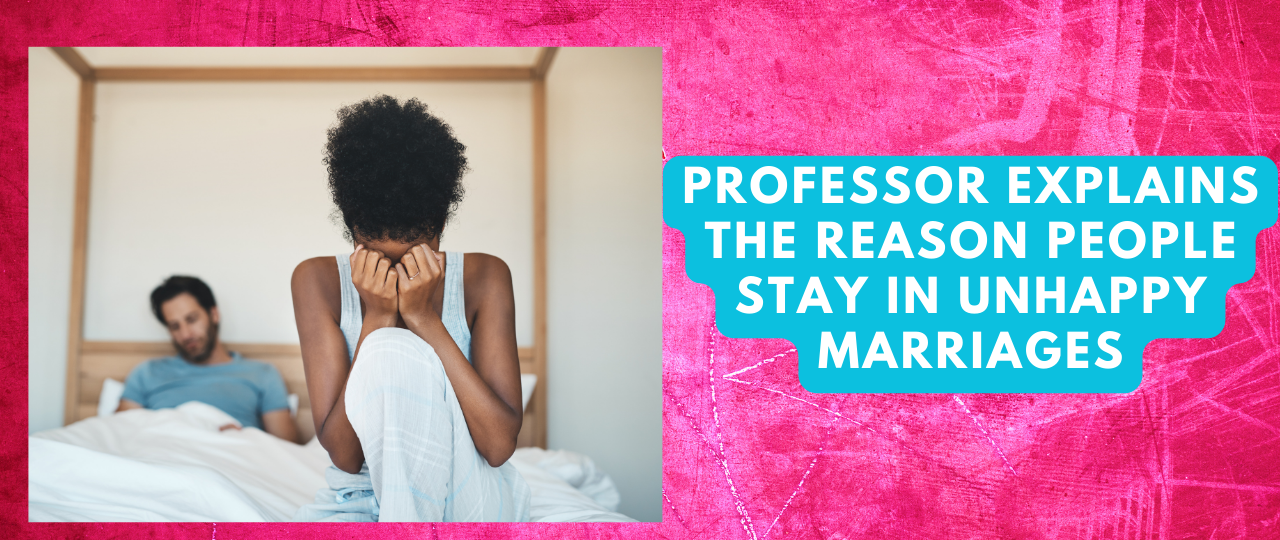We have seen it; I write about it in my articles under couples & married - unhappy marriages. Both partners are totally unhappy with the relationship, yet they continue to drag it on for years and years with no hopes of improvement or happiness. Nobody should be sad in a marriage.
You might have witnessed this strange phenomenon and wondered what exactly it is that makes two people who do nothing more than pass like two ships in the night and stay connected to one another.
But an educator on TikTok named Professor Neil shared the reason two dejected spouses stay together — and it’s more tragic than you ever would have thought.
There are many obvious reasons people stay in bad relationships. Financial stability and kids are two of the primary reasons that come to mind, but according to Professor Neil, there is one reason that is far worse
@professorneil Replying to @deebeedoop #callback to @Shar Henley And the complex and expensive divorce system makes it so much easier to accept tolerable levels of permanent unhappiness #tolerablelevelofunhappiness #relationships #unhappymarriage ♬ original sound - Professor Neil
He started by reading the question from a viewer that he was attempting to answer: “I don’t understand why you’d want to be with a partner who wanted to leave but couldn’t rather than a partner who could leave but doesn’t want to.”
The professor got straight to the point, saying that many people have learned that being in a long-term relationship means accepting “a tolerable level of permanent unhappiness.”
That particular phrase is attributed to a TikToker named “Shar Henley,” when she introduced it in a story about a man whose girlfriend had seemingly left him out of the blue. It was discovered that he was keenly aware of her misery but assumed she would just ride it out with him.
Professor Neil says that ‘tolerable’ refers to both the type of misery and its duration. The unhappiness is considered tolerable, according to him, because it’s not all-out agony and neither party is experiencing horror.
They see the situation as something that could be much worse than it is. That tolerance also alludes to a permanent state of being — the assumption that unhappiness is at its max and will always remain at the same level, thereby never becoming worse.
Everyone has found their tolerance threshold and subconsciously agreed that they would keep their misery right there. Both partners are able to predict exactly how bad it will always be and that makes them feel secure.
People who have learned that they should be happy in their marriage see it differently.
Those who believe that they need to be happy in their marriages, should strive for that, and deserve happiness see this point of view as absolute nonsense.
But it makes total sense to people who have been taught to stomach a subpar relationship. They have learned that insecurity is the norm in a relationship and that it’s a feeling they should always have to some degree.




















